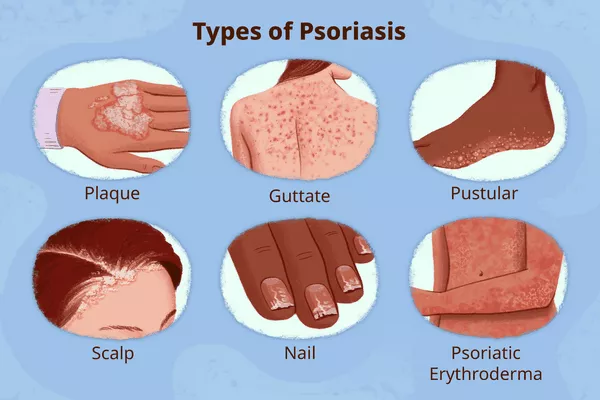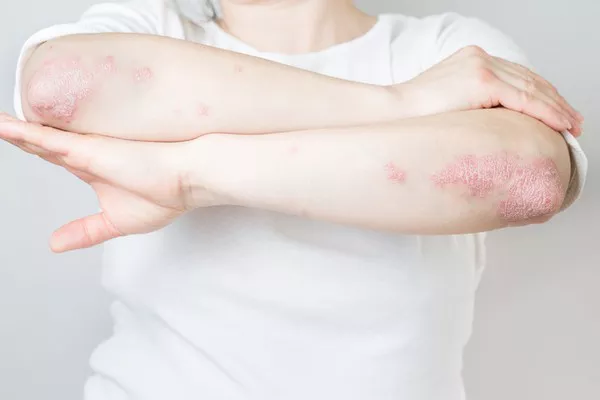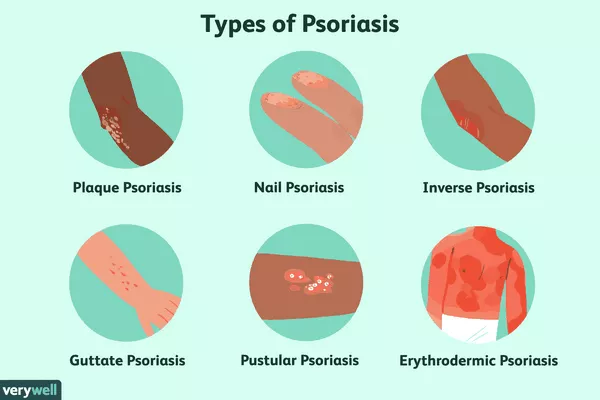Psoriasis is a chronic autoimmune condition characterized by patches of red, scaly skin caused by the rapid turnover of skin cells. While there is no cure for psoriasis, there are many strategies individuals can employ to manage symptoms and prevent flare-ups. By understanding triggers and adopting healthy habits, individuals can minimize the impact of psoriasis on their daily lives. In this article, we will explore some effective ways to avoid psoriasis flare-ups and enhance overall skin health.
Understanding Psoriasis Triggers
Before delving into prevention strategies, it is essential to understand common triggers that can exacerbate psoriasis symptoms. While triggers may vary from person to person, some of the most prevalent ones include:
1. Stress: Stress is often cited as a significant trigger for psoriasis flare-ups. High levels of stress can weaken the immune system and increase inflammation, leading to worsening symptoms.
2. Certain Foods: While research on the link between diet and psoriasis is ongoing, some individuals report that certain foods, such as dairy, gluten, and nightshade vegetables, can trigger flare-ups. It is essential to pay attention to how your body responds to different foods and make dietary adjustments accordingly.
3. Alcohol and Tobacco: Excessive alcohol consumption and smoking have been associated with an increased risk of psoriasis and can exacerbate existing symptoms. Limiting alcohol intake and quitting smoking can help improve skin health.
4. Cold, Dry Weather: Cold, dry weather can contribute to dry skin, which may worsen psoriasis symptoms. Using moisturizers and humidifiers can help mitigate the effects of harsh weather conditions.
5. Infections and Injuries: Infections such as strep throat and skin injuries like cuts and scrapes can trigger psoriasis flare-ups in some individuals. Taking steps to prevent infections and practicing proper wound care is crucial for managing psoriasis.
By identifying and avoiding these triggers, individuals can significantly reduce the frequency and severity of psoriasis flare-ups.
Lifestyle Modifications for Psoriasis Management
In addition to avoiding triggers, making certain lifestyle modifications can also help manage psoriasis symptoms and prevent flare-ups. Here are some practical tips:
1. Maintain a Healthy Weight: Obesity is associated with an increased risk of psoriasis and can exacerbate symptoms. By maintaining a healthy weight through a balanced diet and regular exercise, individuals can reduce inflammation and improve overall skin health.
2. Practice Stress Management Techniques: Since stress is a common trigger for psoriasis flare-ups, it is essential to incorporate stress management techniques into your daily routine. Practices such as yoga, meditation, deep breathing exercises, and mindfulness can help alleviate stress and promote relaxation.
3. Avoid Harsh Skincare Products: Certain skincare products containing harsh chemicals and fragrances can irritate the skin and worsen psoriasis symptoms. Opt for gentle, fragrance-free products that are suitable for sensitive skin.
4. Stay Hydrated: Proper hydration is essential for maintaining healthy skin. Drinking an adequate amount of water each day can help prevent dryness and improve skin elasticity.
5. Get Regular Exercise: Regular physical activity not only helps maintain a healthy weight but also promotes circulation and reduces inflammation, which can benefit individuals with psoriasis. Aim for at least 30 minutes of moderate exercise most days of the week.
6. Limit Sun Exposure: While some sunlight can be beneficial for psoriasis symptoms, too much exposure can trigger flare-ups and increase the risk of skin damage. Use sunscreen with a high SPF and wear protective clothing when spending time outdoors.
Medical Treatments for Psoriasis
In addition to lifestyle modifications, various medical treatments are available for managing psoriasis symptoms. These treatments aim to reduce inflammation, slow down the growth of skin cells, and alleviate discomfort. Some common medical treatments for psoriasis include:
1. Topical Treatments: These include corticosteroids, vitamin D analogs, retinoids, and coal tar preparations, which are applied directly to the skin to reduce inflammation and promote healing.
2. Phototherapy: Phototherapy involves exposing the skin to ultraviolet (UV) light under medical supervision. This treatment can help slow down the growth of skin cells and reduce inflammation.
3. Oral Medications: In cases of moderate to severe psoriasis, oral medications such as methotrexate, cyclosporine, and acitretin may be prescribed to suppress the immune system and reduce inflammation.
4. Biologic Therapies: Biologic drugs are a newer class of medications that target specific immune system pathways involved in the development of psoriasis. These medications are administered via injection or infusion and can effectively control symptoms in many patients.
It is essential for individuals with psoriasis to work closely with their healthcare providers to develop a comprehensive treatment plan tailored to their specific needs and preferences.
Conclusion
While psoriasis can be a challenging condition to manage, it is possible to minimize symptoms and prevent flare-ups by adopting healthy lifestyle habits, avoiding triggers, and seeking appropriate medical treatment. By taking proactive steps to care for their skin and overall well-being, individuals with psoriasis can lead fulfilling lives with fewer disruptions due to their condition. Remember, consistency and patience are key, and it may take some trial and error to find the most effective strategies for managing psoriasis symptoms. With dedication and perseverance, it is possible to achieve better skin health and improve quality of life.

























